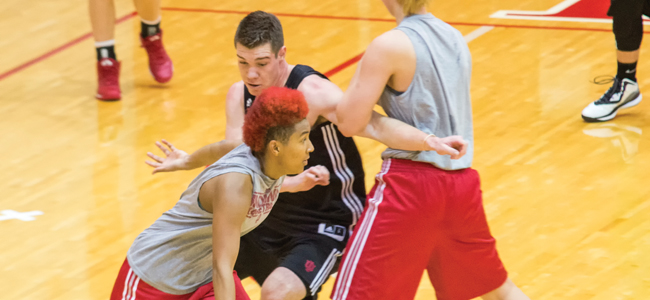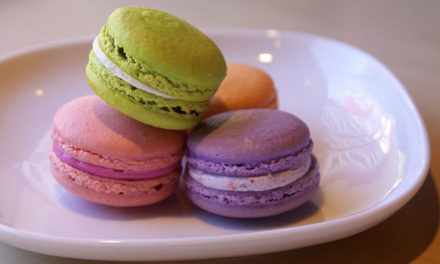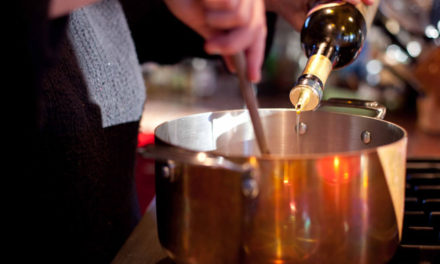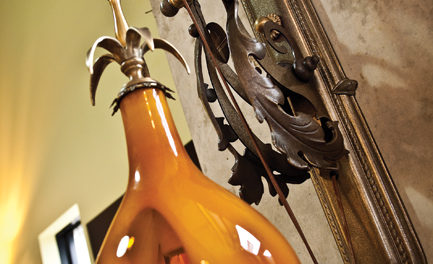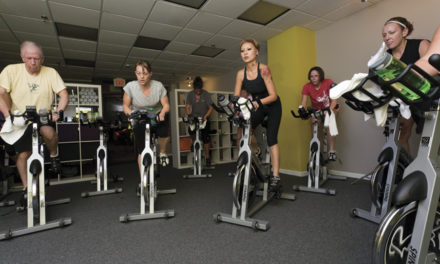
BY MIKE LEONARD
Old Westerns popularized the notion that bad guys wear black, and if you watch the Indiana University women’s basketball team practice at Cook Hall on any given day, you’ll see men in black jerseys playing against the gray- or crimson-clad women.
But bad guys they are not.
“They’re bigger than we are. They’re more athletic than we are. And they make us better,” says Head Coach Teri Moren. “Their mission is to not allow us to do the things we want to do.”
Eleven men and one woman make up the practice squad for the IU women. All have experience playing high school basketball and all are considered IU athletes who must keep their grades up and meet the same eligibility standards as other players. They just don’t get scholarships and don’t enjoy perquisites such as Training Table meals and academic tutoring.
Moren says she coaches the men to play the women’s game, which features more passing and set plays than the modern men’s game. “Sometimes I have to remind them they’re not at the rec center,” Moren says. “But they’re really coachable.”
“I like playing against them,” says sophomore Larryn Brooks. “They don’t make anything easy.”
“I take it as a challenge,” says freshman Tyra Buss. “It makes us play more physically, for sure. And that can only be a good thing when the Big Ten season starts and we’re playing bigger and more physical teams.”
“It’s competitive,” says Daniel Miecuna, a sophomore practice player. “Larryn, for example, she’ll blow by you if you’re not playing hard.”
The men use their physical strength to challenge the women for position under the basket, their jumping ability to challenge shots, and their speed to try to take away the women’s passing lanes. “But you don’t want to hurt them,” Miecuna says. “You don’t want to dive for a loose ball and take out somebody’s legs.”
Miecuna says he’s developed a deep respect for the women he plays against. “I’m there for two hours a day and I’m done. They come in to watch film, to do weights and other kinds of conditioning. It’s a huge commitment. It’s a lifestyle. I don’t think there is any difference between the men’s and women’s teams. They both work really hard.”


